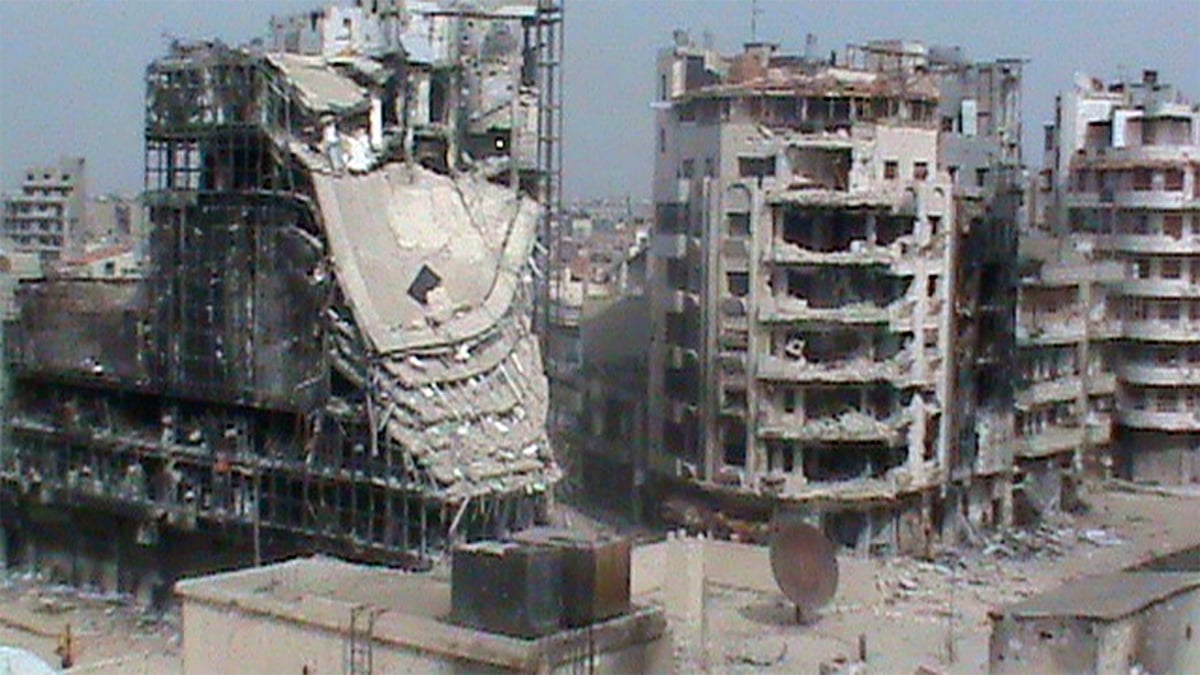
Languages
Available In
The Syrian regime started putting the settlements it agreed on with the besieged residents of Homs inside Old Homs city into effect in March 2014. SNHR has recorded approximately 1000-1100 settlement cases between the Syrian regime on one side and peaceful activists and rebels who cone from different fronts in Homs in addition to defected soldiers and citizens who failed to join the mandatory military service on the other side.
Settlements have been carried out without any known mediator or a third-party. However, some individuals, who contributed previously with finishing settlements with representatives of the Syrian regime, have made some mediation efforts.
SNHR distinguishes between two types of settlement:
First: 17-50 year old men who weren’t involved with revolutionary or humanitarian activities in addition to children and women are to leave the city.
Second: Personal settlements that included peaceful activists, media activists, and refugee workers among others in addition to rebels with their weapons who have to surrender themselves to Syrian regime’s representatives based on guarantees by the Syrian regime such as:
Release them immediately after having their matters sorted out.
To leave them and their families.
Let them go back to their lives as it were before the Syrian revolution.
After the residents surrendered themselves to Syrian regime’s representatives. The Syrian regime has held them in Al-Andalus School, located in Ad-Dablan neighborhood – Homs, for three months. Afterwards, the Syrian regime released only the people who weren’t associated with any revolutionary activities then it transferred no less than 730 persons including media activists, defected soldiers, people who failed to join military service, and other civilians to an undisclosed place to this moment. Those people are now forcibly-disappeared. Among those persons were: the well-known media activist: Khaled At-Tallawi manager of Bab As-Sabaa media office, Al-Jazeera reporter Ahmad Abbara, the peaceful activist Tareq Brijawi, and the media activist Amer Al-Qarout.
//


